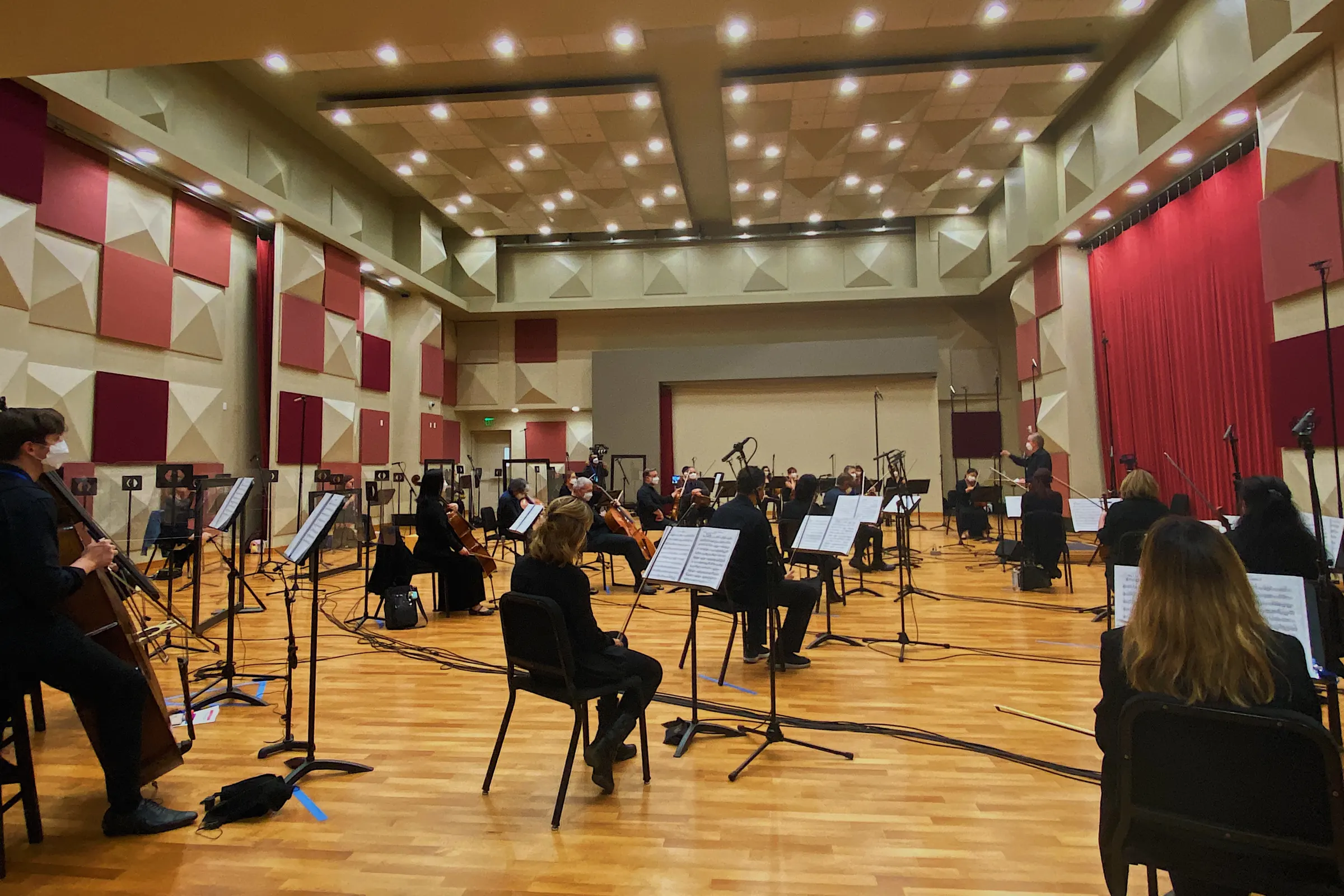Saint-Georges’ biography has been complicated by an abundance of second- (and even third-) hand impressions, a romanticized novel from the 19th century, and even in recent years a French movie. Some commentators have been moved to see The Anonymous Lover in semi-autobiographical terms, imagining the composer as the male protagonist. There are no letters nor any evidence of Saint-Georges’ private life, but it is assumed that he had a very active—and more than likely discreet—romantic life. It is also no leap to conclude that, given his great success in the highest reaches of society before the Revolution, that he must have had many women admirers.
So, on the basis of what is known, he was, as a lover, anonymous. But it is not a matter of conjecture that, whatever attachments he had or yearned for, all doors were closed to him for marriage. The social conventions, and even the laws, rendered that impossible for a man of color. Consequently, his life has a tragic dimension that we can only imagine. I sense that in his predilection for minor keys: five numbers out of 18 in this opera (six if we count the imported Ernestine aria), plus several middle sections starting with the overture. This is a high percentage for a supposedly light comedy. I leave this to the imagination of those who are devotees of seeing particular works in biographical terms, only noting that composers of the period rarely regarded their compositions as confessional or as occasions to tell their own stories. And yet, music speaks what words often do not say…
This is yet again an occasion to reflect on why, in the classical music world, we allow valuable voices to be forgotten, as we similarly have done with many of the victims of the Nazi regime. It is not enough to accept anonymity for them. Denied recognition is one issue, the loss of part of our ancestors’ heritage and patrimony to our collectively received culture is another. We should be allowed to hear their music and judge for ourselves as to how we feel about it. As Thoreau’s observed, through their names will come recognition and knowledge.
I am struck by how much wonderful music there is in this 90-minute opera. It makes one wonder what might have come out under different circumstances, for instance if Saint-Georges had a Da Ponte with whom to collaborate, or had he actually become director of the Opéra. A work needn’t be a second Rosetta Stone, one of the lost Bach Passions or the musical equivalent of the Mona Lisa to deserve being performed. Two hundred and fifty years of anonymity is not what this music deserved.
